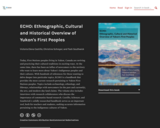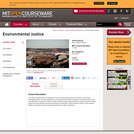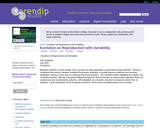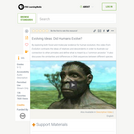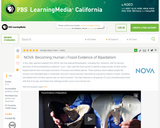Short Description:
Today, First Nations peoples living in Yukon, Canada are reviving and practicing their cultural traditions in exciting ways. At the same time, there has been an influx of newcomers to the territory who want to learn more about Yukon's Indigenous peoples and their cultures. With hundreds of references for those wanting to delve deeper into particular topics, ECHO is a handbook that provides the most current research pertaining to Yukon First Nations peoples. Topics include archaeology, ethnology, and lifeways, relationships with newcomers (in the past and currently), the arts, and modern-day land claims. The volume also includes interviews with research collaborators who discuss the importance of community-based research. Castillo, Schreyer, and Southwick's solidly researched handbook serves as an important tool, both for teachers and students, seeking accurate information pertaining to the Indigenous cultures of Yukon.
Long Description:
Recently, Yukon, Canada has experienced huge growth in First Nations cultural revival as well as an influx of newcomers brought on by the growth of the education, industrial and tourism sectors, who are also interested in learning about Yukon First Nations peoples and their cultures. The need for academic teaching materials that can educate adult learners about Indigenous peoples of the Yukon has resulted in the publication of this handbook. ECHO is meant as a teaching tool that provides the most current research pertaining to Yukon First Nations peoples on topics such as archaeology, ethnology and traditional lifeways, and relationships with newcomers (in the past and currently), as well as the arts. With a focus on topics that are relevant to students learning about Yukon Indigenous peoples history and culture, such as collaborative research with anthropologists, the history of the Yukon, and, most importantly, an overview of the modern-day land claims movement. Although generalized material on Yukon First Nations is provided within other publications, these are primarily out-of-date and out-of-print books. Castillo, Schreyer, and Southwick’s solidly researched ECHO: Ethnographic, Cultural, and Historical Overview of Yukon’s First Peoples will serve as an important tool, both for teachers and students, seeking accurate information pertaining to Indigenous cultures of the Yukon.
Word Count: 62227
ISBN: 978-1-988804-32-3
(Note: This resource's metadata has been created automatically by reformatting and/or combining the information that the author initially provided as part of a bulk import process.)

